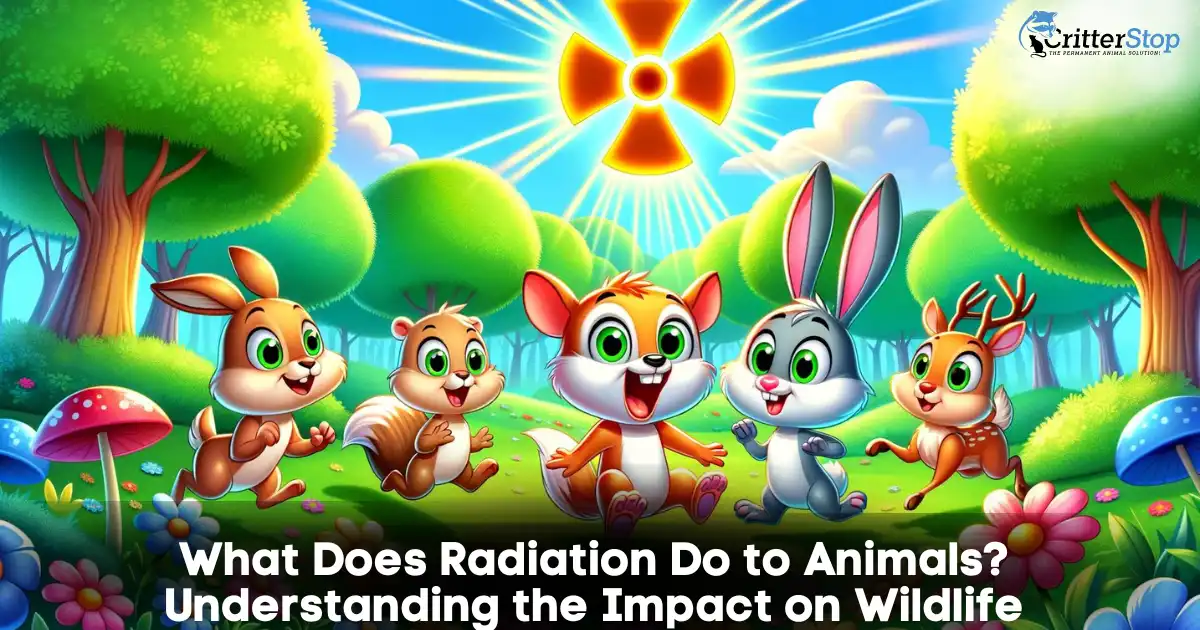
Radiation, often associated with nuclear accidents, medical treatments, and environmental pollutants, poses a silent but significant threat to wildlife. This article delves into the myriad ways radiation impacts animal health, behavior, and ecosystems. From cellular damage to genetic mutations, the effects are profound and far-reaching, influencing not just individual animals but entire species and habitats.
Cellular and Genetic Damage in Animals Exposed to Radiation
Radiation exposure in animals leads to direct damage to DNA, the blueprint of life. This damage manifests as mutations, which can result in cancer, reproductive failure, or fatal illnesses. For instance, in Chernobyl, birds exhibited smaller brains, and mammals showed reduced populations due to the high radiation levels. The disruption in DNA replication and repair mechanisms underscores the vulnerability of wildlife to even low levels of radiation.
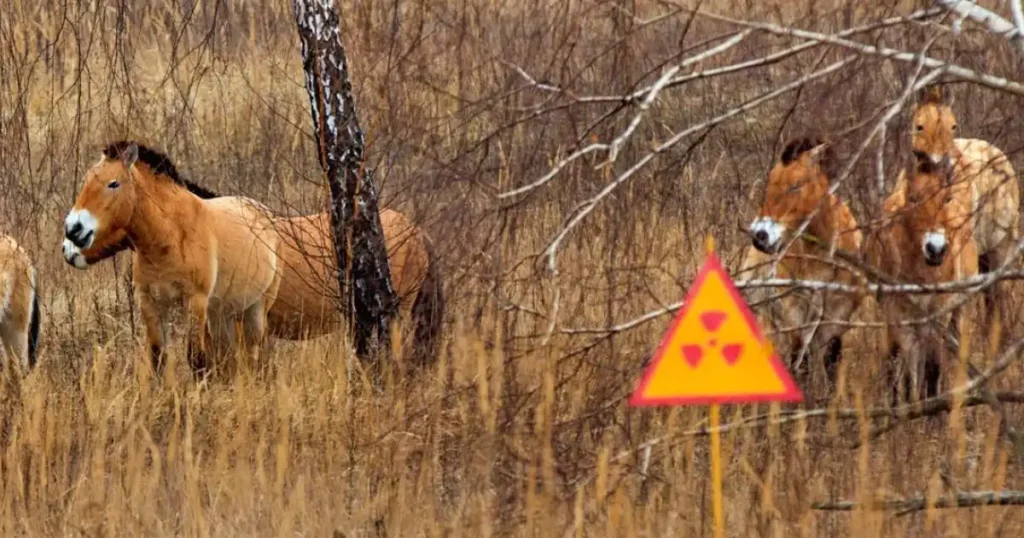
Behavioral changes are a significant consequence on how does radiation affects animals. For example, studies have shown that birds in high-radiation zones exhibit altered singing patterns and reduced territorial behaviors. These changes affect not just individual species but also the intricate web of interactions within ecosystems. Predators and prey, pollinators and plants, all experience shifts that can destabilize established ecological balances.
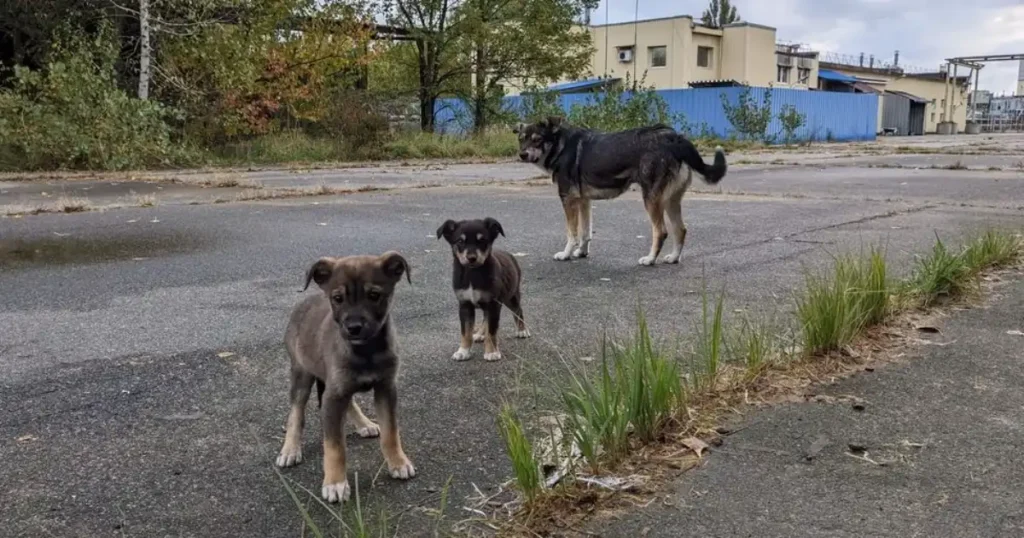
Radiation exposure drastically affects the reproductive capabilities of wildlife. Animals exposed to radiation often produce fewer offspring, and those born frequently suffer from deformities or reduced survival rates. This was evident in studies on butterflies around Fukushima, where increased abnormalities and mortality rates in larvae were observed post-exposure. Such reproductive challenges pose a long-term threat to species survival and biodiversity.
Long-Term Ecological Consequences and Species Adaptation
Over time, radiation exposure leads to evolutionary pressures that can shape species adaptation. Some species show remarkable resilience, developing tolerance to radiation, while others decline rapidly. The long-term ecological consequences include changes in species composition, altered food webs, and shifts in habitat use. These dynamics are critical in understanding how ecosystems adapt or collapse in the face of radiation.
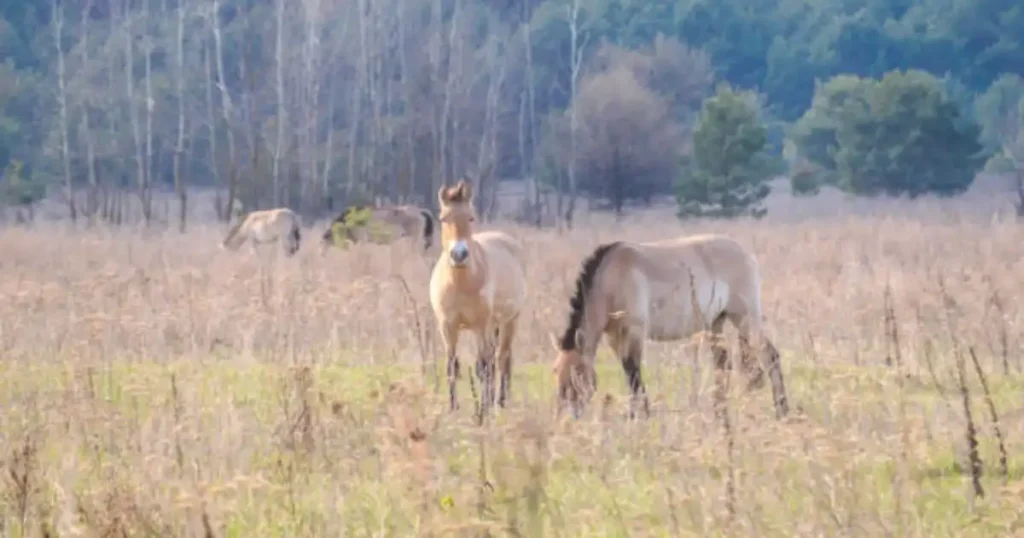
Human activities, from nuclear testing to improper waste disposal, are significant contributors to radiation in the environment. Mitigating these impacts requires comprehensive strategies, including better waste management, habitat restoration, and global cooperation in nuclear safety. By protecting wildlife from radiation, we not only preserve biodiversity but also safeguard the ecological services essential for human well-being.
Preserving Genetic Diversity Amid Radiation Challenges
Radiation's insidious impact extends beyond immediate health effects to threaten the genetic diversity crucial for species survival. Genetic diversity acts as a buffer against environmental changes, allowing species to adapt to new challenges. However, radiation-induced mutations can erode this genetic reservoir, leading to a decrease in adaptability and increased risk of extinction. Efforts to monitor and preserve genetic diversity in radiated zones are essential for maintaining the resilience of wildlife populations.
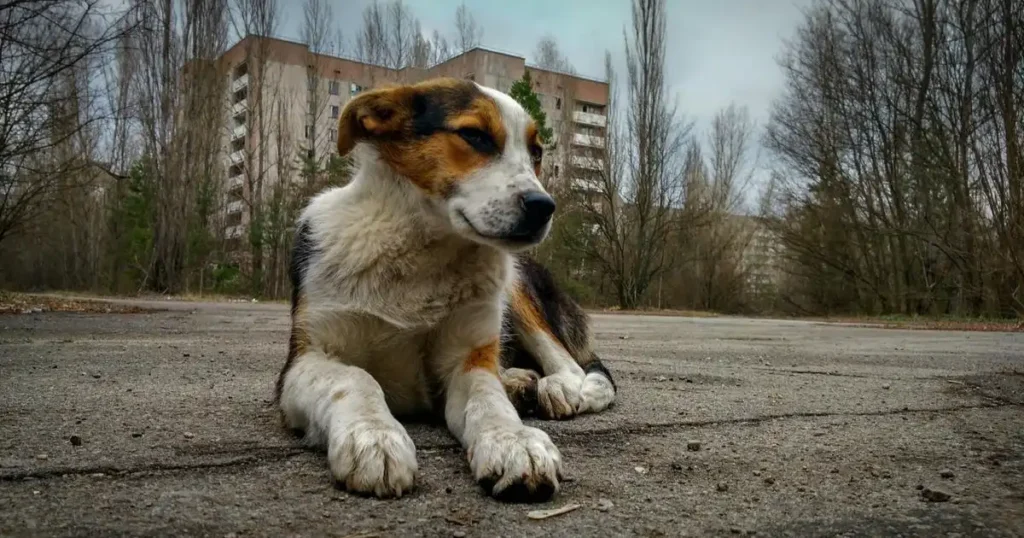
Effective monitoring of radiation levels and their impact on wildlife is the cornerstone of conservation efforts in affected areas. Advanced technologies like remote sensing and bioindicator species provide invaluable data on radiation's spread and its biological effects. Restoration projects, including reforestation and wetland rehabilitation, help to rebuild ecosystems and provide safe habitats for wildlife. These efforts are critical in areas recovering from nuclear accidents or other radiation-related disturbances.
Educational Outreach and Community Involvement
Educating the public about the dangers of radiation and the importance of wildlife conservation is a key strategy in mitigating radiation's impact. Community involvement in monitoring and conservation projects fosters a sense of stewardship and helps ensure the success of these initiatives. By raising awareness and encouraging proactive behaviors, communities can play a significant role in protecting wildlife from the hazards of radiation.
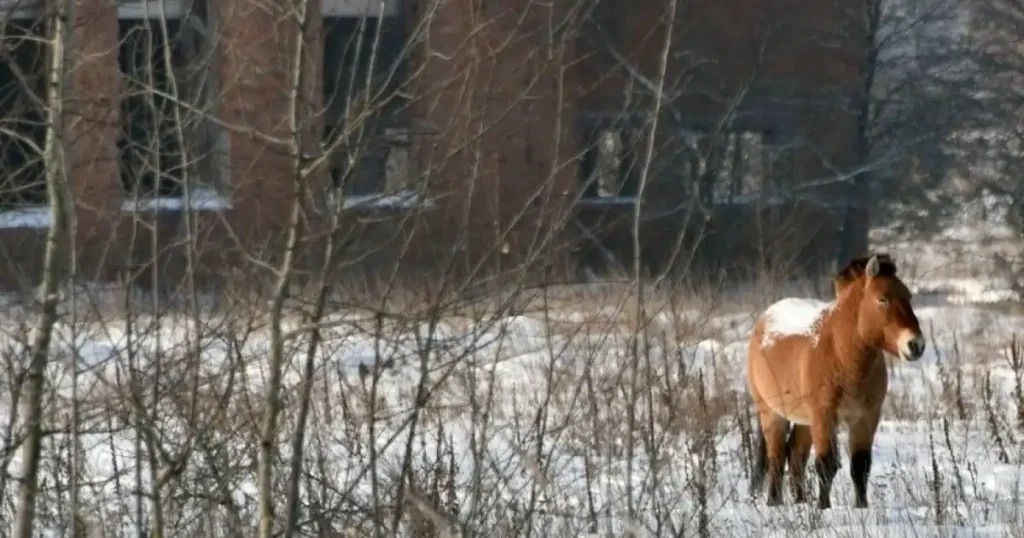
The development of sophisticated tools and methodologies for assessing radiation's impact on wildlife is advancing rapidly. From genetic sequencing to track mutations to drone technology for surveying affected areas, these tools enhance our understanding of radiation's ecological effects. Continued investment in research and development is essential to refine these tools and improve our ability to respond to radiation challenges in wildlife management.
Global Cooperation and Policy Development for Radiation Safety
Addressing the global nature of radiation impact requires international cooperation and policy development. Agreements on nuclear safety, waste management, and environmental protection are vital to minimizing radiation's spread and its effects on wildlife. Collaborative efforts, such as international wildlife health monitoring programs and shared research initiatives, strengthen our global response to this pervasive issue.
Looking Ahead: The Future of Wildlife in a Radiated World
As we move forward, the challenge of protecting wildlife from radiation remains a dynamic and evolving task. Continued vigilance, research, and adaptive management are necessary to navigate the complexities of this issue. By integrating scientific insights, public engagement, and policy initiatives, we can forge a path toward a safer, healthier future for wildlife and the ecosystems they inhabit.
When facing wildlife disturbances or concerns, especially in areas affected by radiation, professional help is essential.
Critter Stop is a leader in humane wildlife removal, with a stellar reputation and excellent customer reviews. They specialize in resolving issues with wildlife animals in attics, including squirrels, raccoons, opossums, skunks, and armadillos, and provide rat and mouse extermination, insulation services, dead animal removal, and mosquito control.
Trust Critter Stop for high-quality work and outstanding customer service to ensure your wildlife removal needs are met safely and effectively.
Contact us at (214) 234-2616 to get an estimate of our services.
Visit our Critter Library and learn more about our furry friends